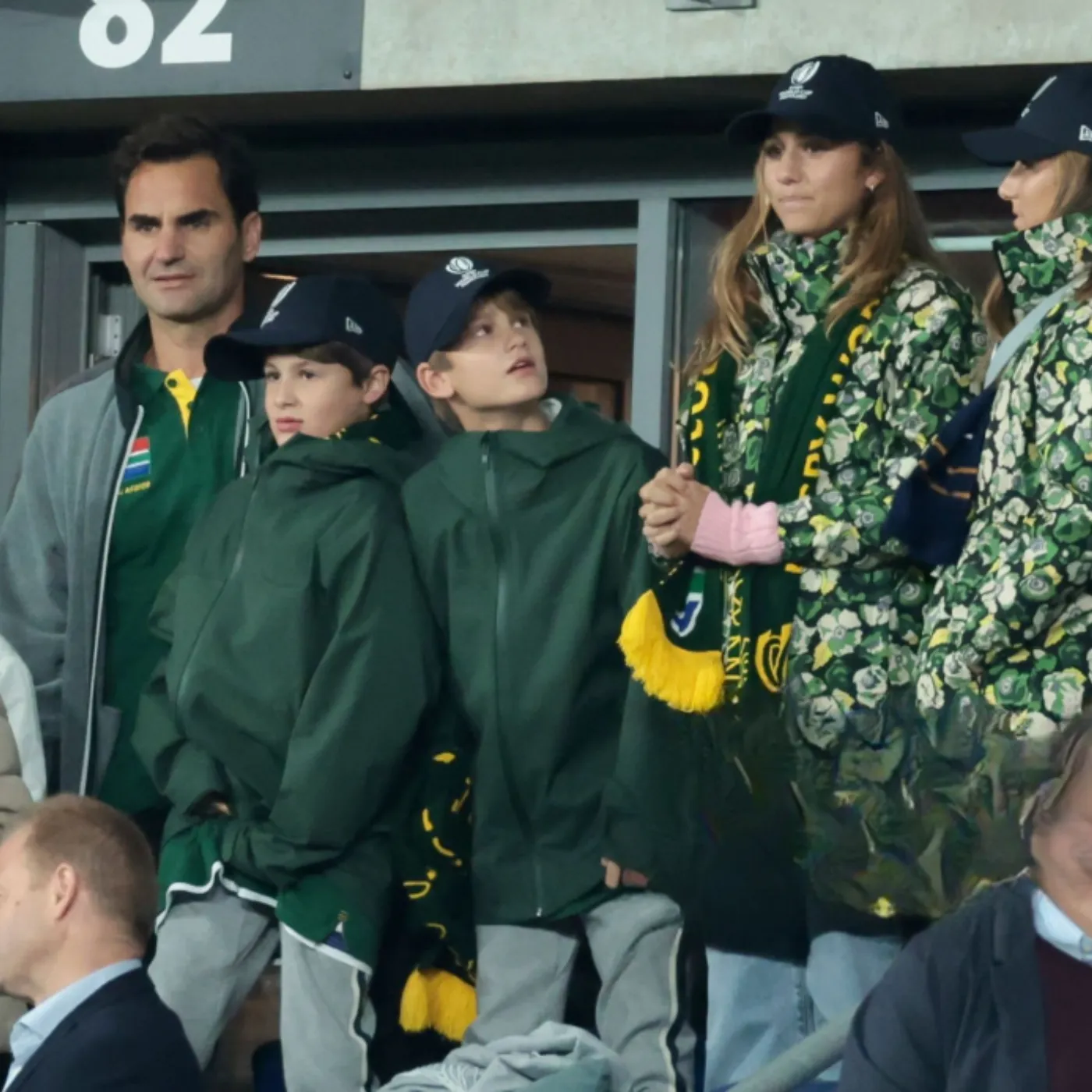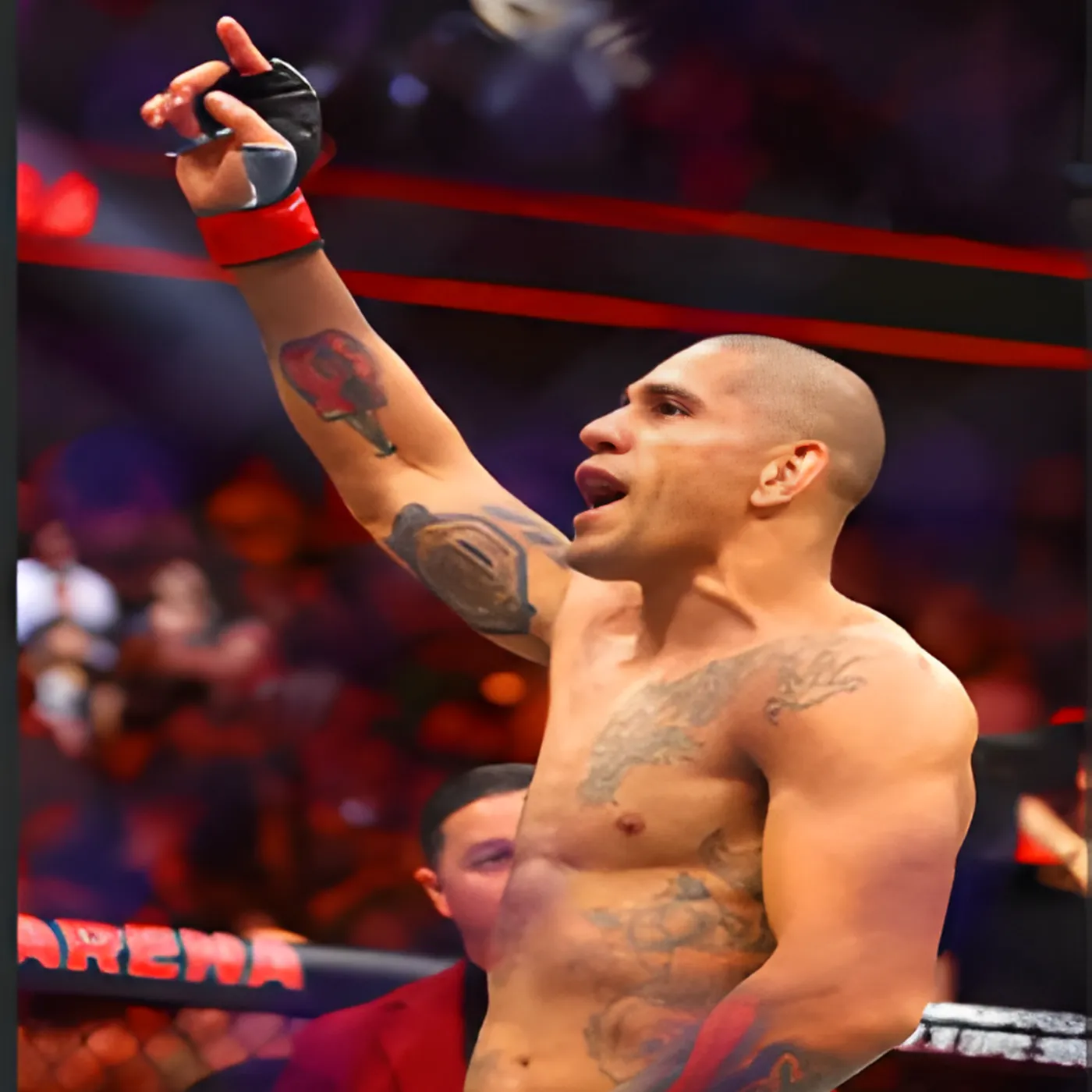
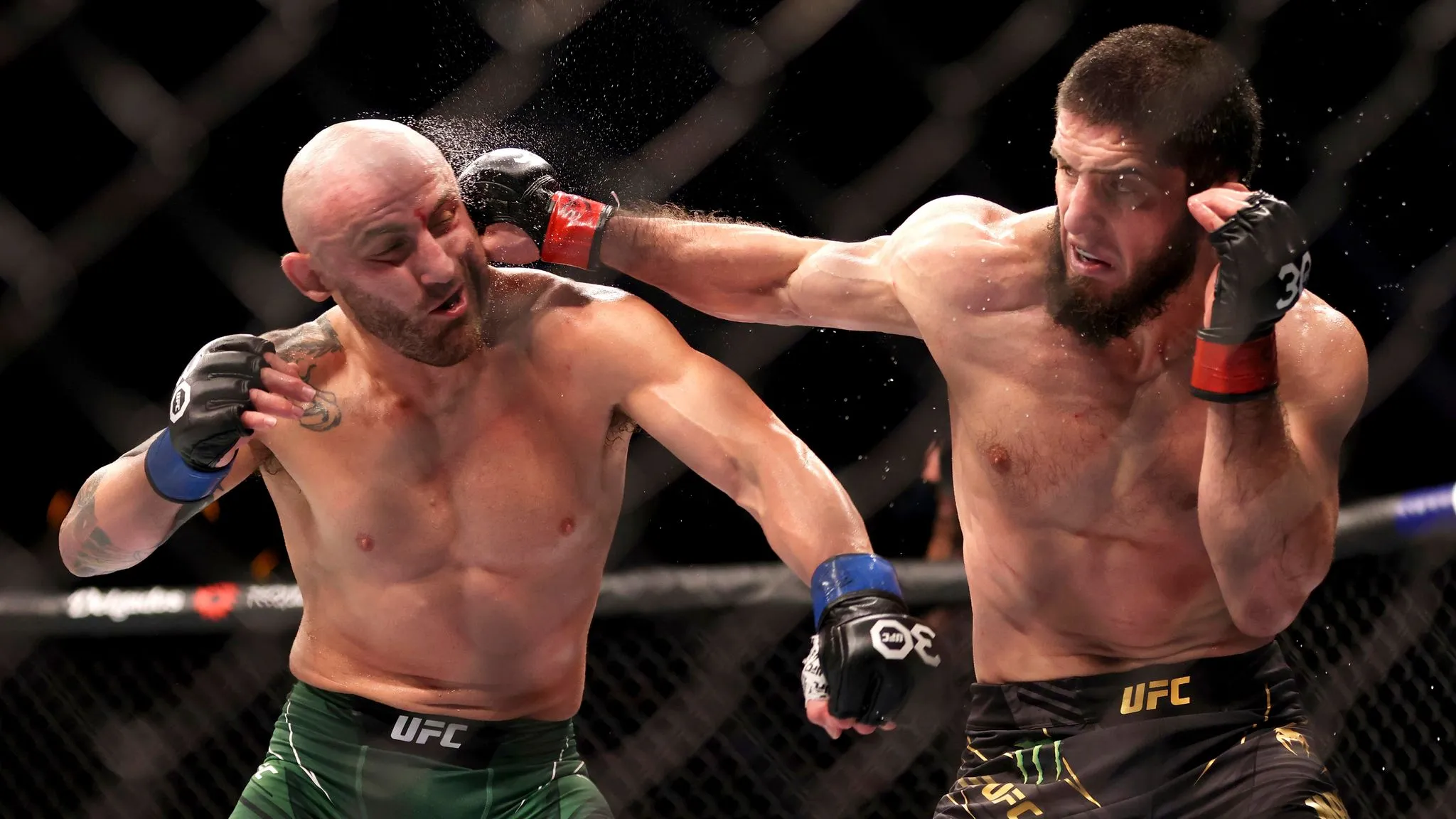
Alexander Volkanovski Admits to a Costly Mistake Against Islam Makhachev: What It Means for His Legacy and the UFC Featherweight Division
In the world of mixed martial arts (MMA), even the greatest champions are not immune to mistakes. Former UFC featherweight king Alexander Volkanovski recently opened up about what he considers one of the most damaging errors of his career—his decision to return too quickly after suffering defeat at the hands of lightweight champion Islam Makhachev.
For fans and analysts, Volkanovski’s reflection is more than a confession; it is a window into the brutal demands of elite combat sports, the pressures that drive champions to act hastily, and the lessons that can resonate across the entire UFC roster. This article will dive into the details of Volkanovski’s admission, explore the ripple effects of his choices, and analyze how his story fits into the broader conversation about fighter health, legacy, and resilience.
The Background: Volkanovski’s Rise to Dominance
Before discussing mistakes and reflections, it’s important to revisit Volkanovski’s incredible rise. A former rugby player turned MMA powerhouse, the Australian made a name for himself by tearing through the featherweight division. His victories over legends like Jose Aldo, Max Holloway, and Brian Ortega cemented his place as one of the greatest featherweights of all time.
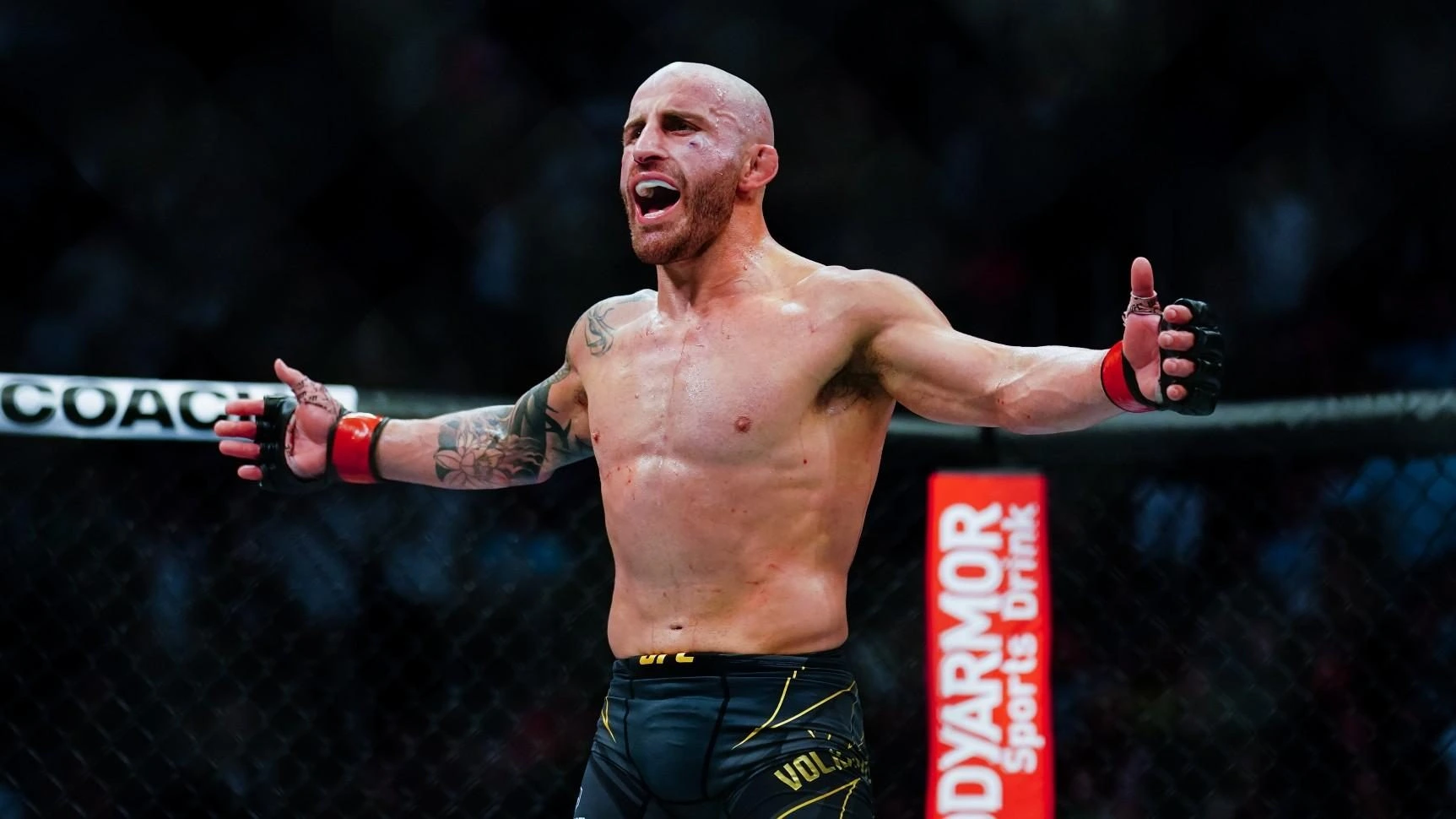
At his peak, Volkanovski represented precision, composure, and strategic brilliance. His ability to blend striking, clinch work, and ground control made him nearly untouchable in his natural weight class. But like many dominant champions, ambition pushed him toward challenges outside his division—namely, a super fight with Islam Makhachev.
The Islam Makhachev Fights: Ambition Meets Adversity
The First Encounter
Volkanovski first met Islam Makhachev in February 2023 at UFC 284, in what many considered a pound-for-pound showdown. Despite being the smaller man, Volkanovski pushed the Dagestani champion to his limits in a competitive five-round war. Though Makhachev retained the lightweight belt via unanimous decision, Volkanovski’s stock rose. Many fans even believed he had done enough to win.
The Short-Notice Rematch
Later that year, opportunity came again. After Charles Oliveira pulled out of UFC 294, Volkanovski stepped in on short notice to fight Makhachev a second time. This decision—bold but rushed—proved to be the mistake Volkanovski now openly regrets.
Without a full training camp and still recovering from previous fights, Volkanovski was knocked out by a devastating head kick in the first round. The loss not only damaged his momentum but also cast doubt on his aura of invincibility.
Volkanovski’s Admission: The Price of Returning Too Soon
In a recent reflection, Volkanovski admitted that his decision to return so quickly was a “lesson in rushing”. He confessed that the pressure to stay relevant, combined with his competitive spirit, clouded his judgment.
“I probably should have given myself more time. It was a costly mistake. I wanted to prove myself, but in hindsight, I rushed back too soon.”
This rare vulnerability from a champion highlights the human side of MMA—a sport often glamorized for its toughness but seldom discussed in terms of recovery, mental health, and long-term consequences.
The Impact of Rushing Back
Physical Risks
Returning too quickly after a knockout exposes fighters to increased risk of further damage. Neurologists warn that back-to-back concussions or head trauma can lead to chronic traumatic encephalopathy (CTE) and long-term health issues. Volkanovski’s choice wasn’t just risky—it could have jeopardized his entire career longevity.
Mental Strain
For champions, the mental pressure to remain in the spotlight is immense. Fans, promoters, and personal pride all demand constant action. Volkanovski admitted that the fear of being “forgotten” played into his decision. Ironically, this urgency nearly undermined the legacy he worked so hard to build.
Professional Consequences
The knockout loss to Makhachev had ripple effects. When Volkanovski later faced Ilia Topuria, the cracks showed. Topuria capitalized on the vulnerability, handing Volkanovski another devastating defeat. Many analysts argue that the chain of events traces back to the rushed Makhachev rematch.
The Redemption Arc: UFC 314 and Beyond
Despite the setbacks, Volkanovski proved that resilience defines champions. At UFC 314, after finally taking adequate time to recover, he returned against Diego Lopes. This time, patience paid off. Volkanovski displayed his trademark sharpness and secured a crucial win that reminded the MMA world why he was once considered pound-for-pound number one.
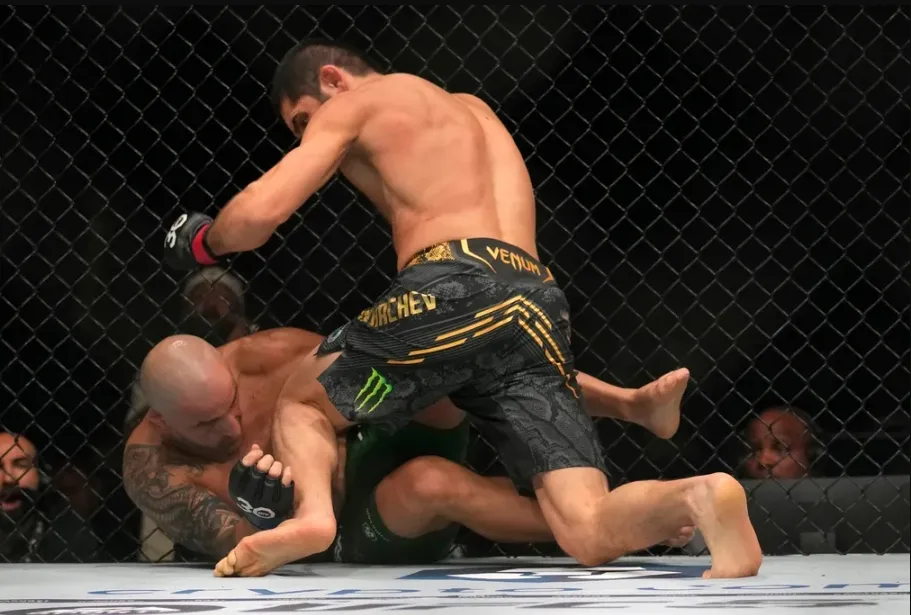
This victory reinforced the lesson: rest, preparation, and timing are as vital as raw skill in MMA.
Lessons for Fighters: Health Over Haste
Volkanovski’s story is not just about him—it’s a blueprint for other fighters facing similar crossroads.
-
Respect Recovery – Head trauma requires more than physical rest; fighters must give their brains time to heal.
-
Don’t Fear Irrelevance – Champions are remembered for their dominance, not for how quickly they return after defeat.
-
Listen to Your Team – Coaches, doctors, and family often provide perspectives fighters ignore in their competitive haze.
The Role of Media and Narrative Building
Volkanovski’s admission also reveals how narratives shape public perception. When fighters show vulnerability, media outlets amplify it, creating a storyline of redemption. For fans, these arcs of rise, fall, and comeback create emotional investment.
By sharing his mistake, Volkanovski doesn’t diminish his legacy—he enriches it. Fans connect more deeply to a fighter who battles not only opponents but also his own decisions.
Comparing Volkanovski to Other UFC Legends
Georges St-Pierre (GSP)
Like Volkanovski, GSP faced pressure to fight beyond his comfort zone. The difference? GSP took time off, listened to his body, and returned on his own terms—culminating in his legendary comeback against Michael Bisping.
Conor McGregor
McGregor, on the other hand, often rushed into high-profile fights without full camps or recovery, leading to inconsistent performances. Volkanovski’s story mirrors this but with more self-awareness.
Max Holloway
Volkanovski’s rival Holloway also experienced brutal wars and had to learn the value of pacing. His recent resurgence mirrors the lesson Volkanovski is now embracing.
The Future: What’s Next for Alexander Volkanovski?
Volkanovski’s admission doesn’t mark the end of his career—it may spark a smarter second chapter. With the featherweight division heating up, potential fights loom:
-
Ilia Topuria Rematch – Can Volkanovski reclaim his belt and silence doubts?
-
Super Fight with Giga Chikadze or Yair Rodriguez – Showcase bouts to re-establish dominance.
-
Return to Lightweight – A calculated, better-prepared attempt at challenging top contenders.
Broader Implications for the UFC
Volkanovski’s story should push the UFC and MMA organizations to reconsider medical suspensions and fighter management. Mandatory rest periods after knockouts may protect fighters from themselves. Promoters, too, should balance commercial needs with long-term fighter health.
Conclusion: A Champion’s Humanity
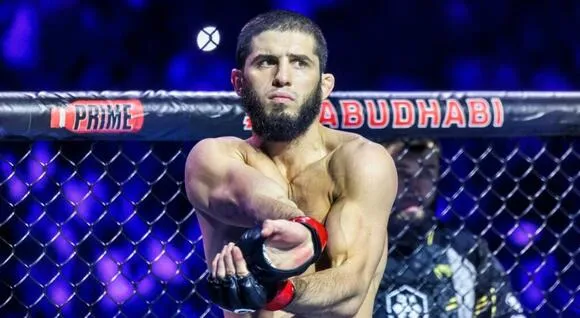
Alexander Volkanovski’s admission that he rushed back too soon after the Islam Makhachev fight is more than a personal reflection—it’s a cautionary tale for MMA as a whole. His journey illustrates the brutal intersection of ambition, pressure, and human vulnerability in combat sports.
While the mistake cost him dearly, his willingness to acknowledge it sets him apart. Champions aren’t defined solely by their victories—they’re defined by their ability to learn, adapt, and inspire.
For Volkanovski, the next chapter is unwritten, but one thing is clear: he remains one of the most compelling figures in MMA, not just for his skills inside the octagon but for his honesty outside of it.









